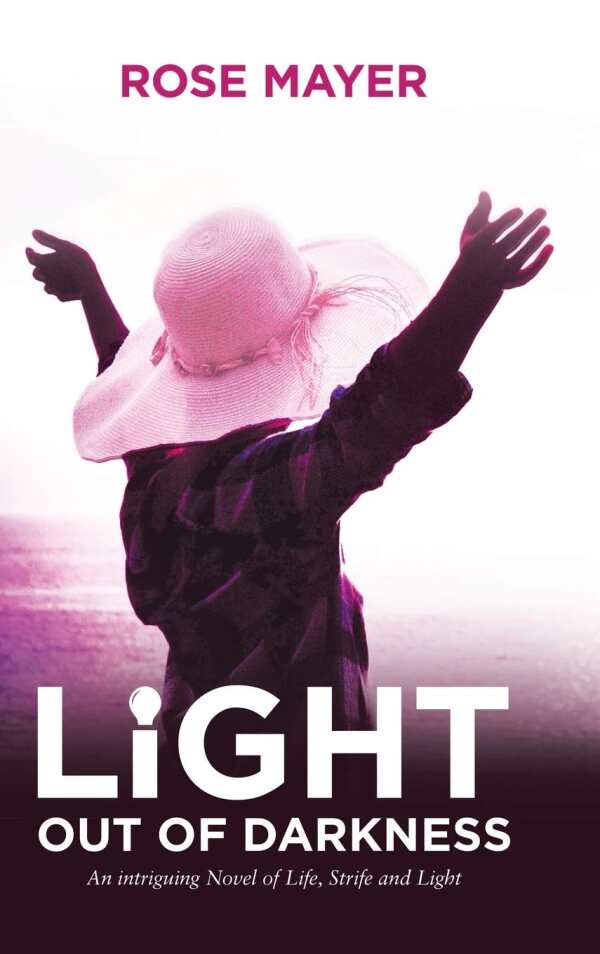Light out of Darkness
An Intriguing Novel of Life, Strife and Light
The didactic novel Light Out of Darkness advertises positive messages based on a woman’s successful pursuit of personal freedom.
In Rose Mayer’s based-in-truth novel Light Out of Darkness, a Zimbabwean wife achieves freedom in Britain.
Rose grows up in an impoverished village near the Mozambique-Zimbabwe border. Despite the financial instability and civil war around her, she enjoys a playful childhood surrounded by family and friends. Her parents are devout Christians who instill a strict moral code.
Though Rose aspires to be a teacher, her husband forbids her from pursuing education. He moves to England while she’s pregnant with their second son, and a few years later, Rose joins him, but without their sons. She confronts the ugly truth about her husband and ends her marriage.
Rose’s recollections of her childhood pivot around the lessons she learned, chief among them that authority should be met with unquestioning obedience. The difficulties in her marriage are attributed to such lessons, and recognizing their roots helps her to emerge from her hardships as a stronger woman who wants to help others in similar situations.
African sayings interrupt the otherwise lyrical flow of the narrative, meant to reveal Rose’s cultural origins but instead coming across as jarring. Their messages remain in the back of Rose’s mind, preventing her from thinking on her own and effectively squelching her voice. In keeping with the coded and unspoken moral messaging of her childhood, the book employs many metaphors as a way of communicating its heroine’s feelings, with the exception of the early love letters that she writes and keeps secret from her family. The direct displays of emotion in those letters, juxtaposed to stories about being punished for speaking out, are refreshing.
But the novel strings imperatives about women’s empowerment into its story line, and they dominate for paragraphs of the second half of the book, drowning out Rose’s story, which in the first half of the book read as more organic and anecdotal. The book’s emphatic ending confuses its ultimate message because it mimics the authoritarianism that Rose worked to escape. In it, Rose voices her final decision; it’s one of the only instances of dialogue in the book, and it comes on the heels of several false endings that allude to Rose’s freedom following her decision while sharing hollow advice.
Light Out of Darkness, a self-help book masquerading as a novel, advertises positive messages based on a woman’s successful pursuit of personal freedom.
Reviewed by
Mari Carlson
Disclosure: This article is not an endorsement, but a review. The publisher of this book provided free copies of the book and paid a small fee to have their book reviewed by a professional reviewer. Foreword Reviews and Clarion Reviews make no guarantee that the publisher will receive a positive review. Foreword Magazine, Inc. is disclosing this in accordance with the Federal Trade Commission’s 16 CFR, Part 255.

